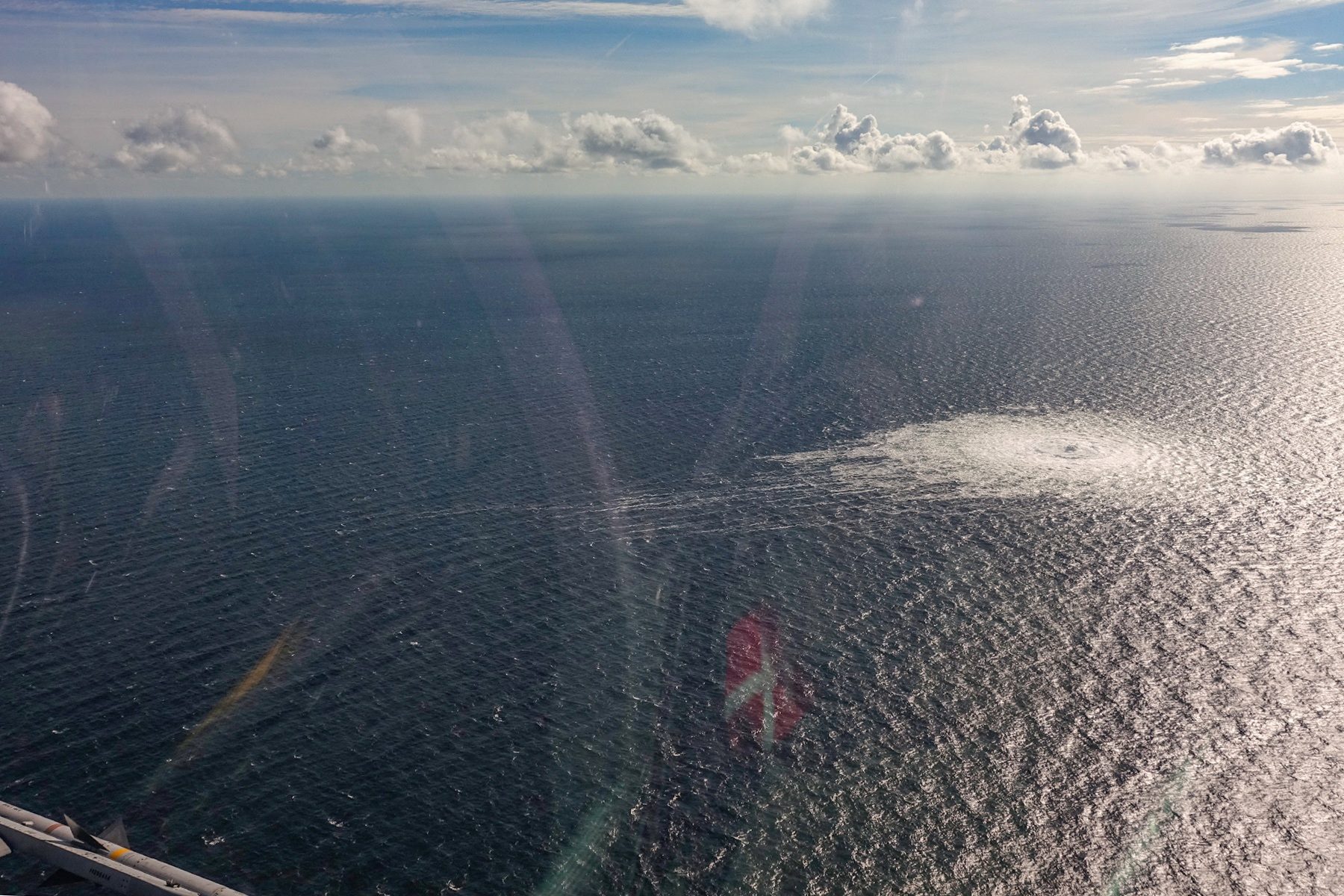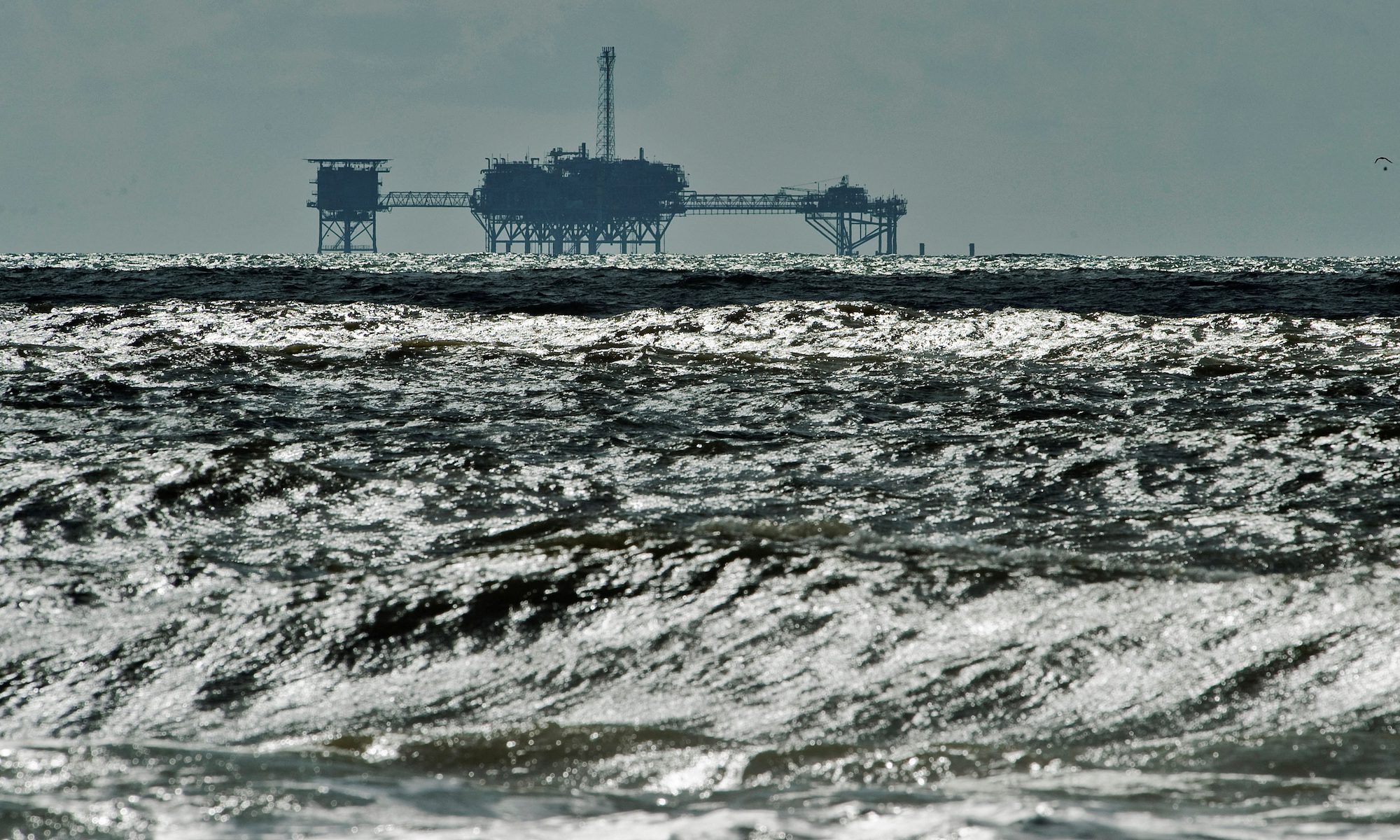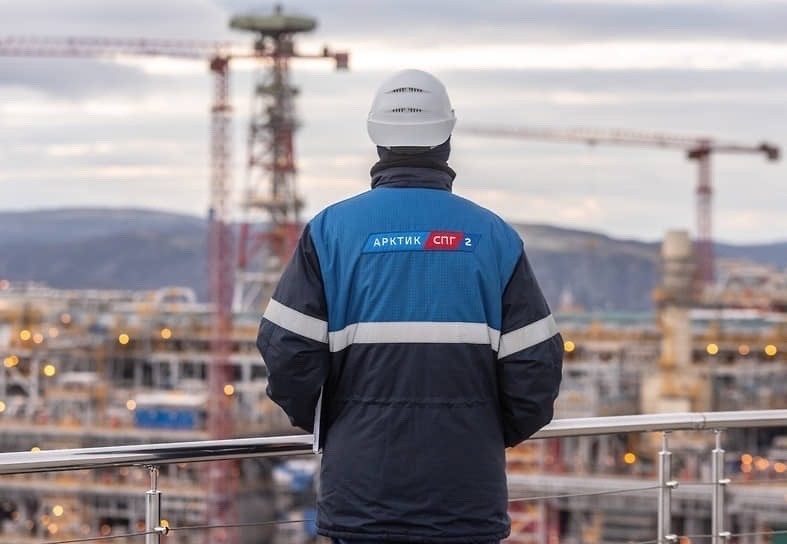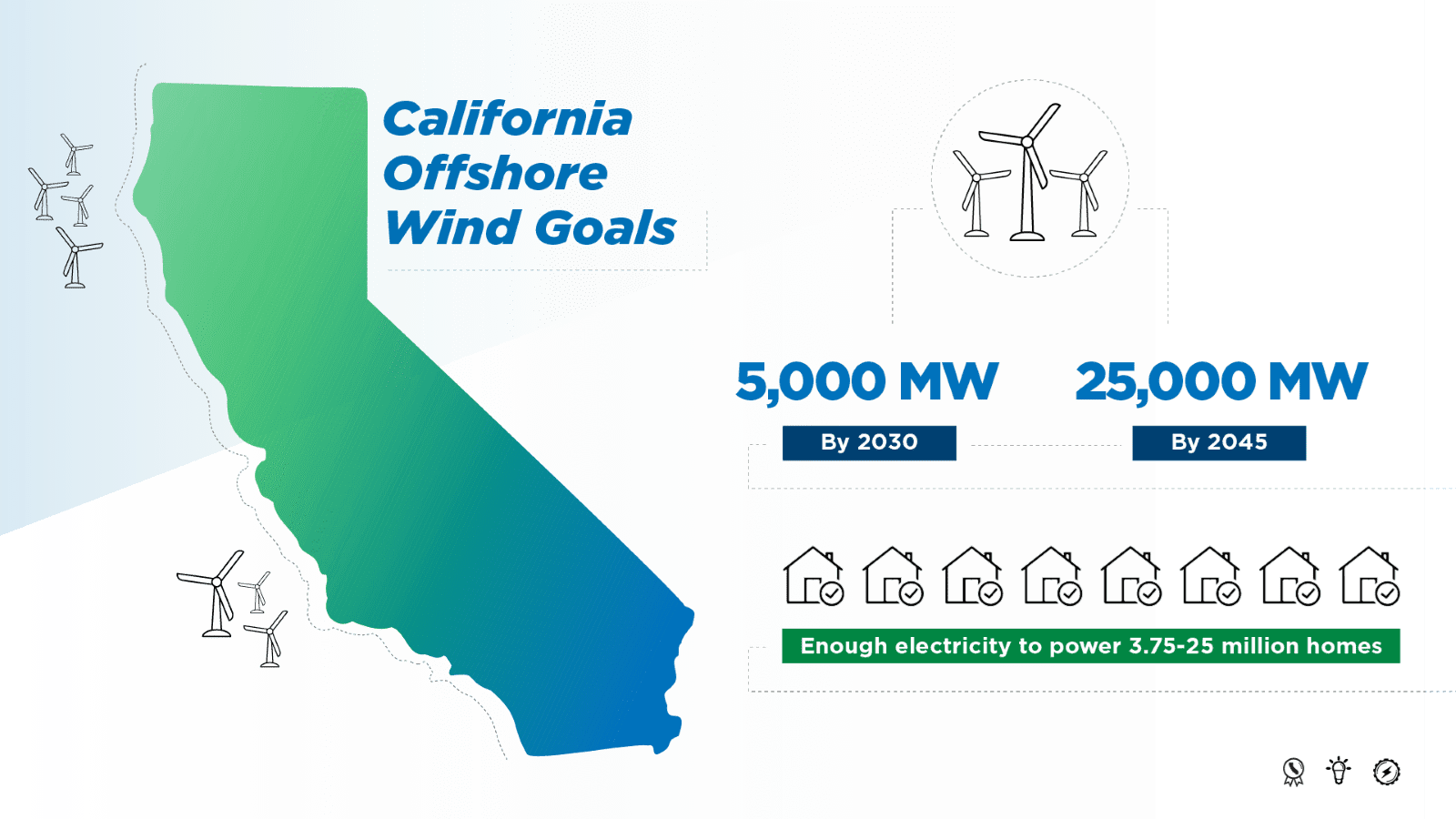WASHINGTON, March 7 (Reuters) – New intelligence reviewed by U.S. officials suggests that a pro-Ukraine group – likely comprised of Ukrainians or Russians – attacked the Nord Stream gas pipelines in September, but there are no firm conclusions, the New York Times reported on Tuesday.
There was no evidence that Ukrainian President Volodymyr Zelenskiy or other Ukrainian government officials were behind the attacks which spewed natural gas into the Baltic Sea, the newspaper reported, citing U.S. officials.
Reuters could not independently verify the report.
The Sept. 26 explosions on the pipelines connecting Russia and Germany occurred in the exclusive economic zones of Sweden and Denmark. Both countries have concluded the blasts were deliberate, but have not said who might be responsible.
The United States and NATO have called the pipeline attacks “an act of sabotage,” while Moscow has blamed the West. Neither side has provided evidence.
Denmark, Germany and Sweden said last month that their investigations have not yet concluded. The United States and Britain said on Tuesday they were waiting on those findings.
“We need to let these investigations conclude and only then should we be looking at what follow-on actions might or may not be appropriate,” said White House spokesperson John Kirby.
Germany said on Tuesday it had taken note of the New York Times report but that its own investigation had not yet produced results. NATO Secretary-General Jens Stoltenberg and Swedish Prime Minister Ulf Kristersson both declined to comment on the New York Times report during a news conference in Stockholm.
A senior aide to Zelenskiy, Mykhailo Podolyak, said that Kyiv was “absolutely not involved” in the blasts and has no information about what happened.
Russia’s Foreign Ministry spokeswoman Maria Zakharova said the media reports on Tuesday underscored the need for Moscow’s questions about what happened to be answered. She also accused those responsible for the media leaks of wanting to divert the public’s attention and avoid a proper investigation.
OPPOSITION TO PUTIN
The pipelines were built by Russia’s state-controlled Gazprom. Gazprom did not immediately respond to a request for comment on Tuesday. German energy company E.ON and Wintershall DEA, both shareholders of the Nord Stream pipeline, declined to comment.
In the year since Russia invaded Ukraine, Europe has drastically cut its energy imports from Russia. Moscow this week called for all Nord Stream stakeholders to decide its fate.
The U.S. intelligence review suggested those who carried out the attacks opposed Russian President Vladimir Putin “but does not specify the members of the group, or who directed or paid for the operation,” the New York Times wrote.
“Officials who have reviewed the intelligence said they believed the saboteurs were most likely Ukrainian or Russian nationals, or some combination of the two. U.S. officials said no American or British nationals were involved,” according to the New York Times report.
Germany’s ARD broadcaster and Zeit newspaper reported on Tuesday, without citing sources, that German authorities were able to identify the boat used for the sabotage operation.
A group of five men and one woman, using forged passports, rented a yacht from a Poland-based company owned by Ukrainian citizens, the German media outlets reported. The nationality of the perpetrators is unclear, they reported.
Investigators founds traces of explosives on the yacht, which the group took from Rostock, Germany on Sept. 6, according to ARD and Zeit. They also reported that intelligence indicated that a pro-Ukrainian group could be behind the attack, but German authorities have not yet found any evidence.
Reuters could not independently verify the information.
Russia last month gave the U.N. Security Council a draft resolution which – if adopted – would ask U.N. Secretary-General Antonio Guterres to establish an international, independent investigation into the attack and who was responsible.
Russia’s Deputy U.N. Ambassador Dmitry Polyanskiy said the media reports on Tuesday made Russia’s move at the United Nations as “very timely,” telling Reuters that “by the end of March there definitely will be a vote” on the resolution.
(Reporting by Steve Holland, Simon Lewis and Jonathan Landay in Washington, Michelle Nichols in New York, Riham Alkousaa in Berlin and David Ljunggren; Writing by Susan Heavey, Kanishka Singh and Michelle Nichols; Editing by David Gregorio and Cynthia Osterman)
(c) Copyright Thomson Reuters 2023.
Unlock Exclusive Insights Today!
Join the gCaptain Club for curated content, insider opinions, and vibrant community discussions.

 Join The Club
Join The Club













